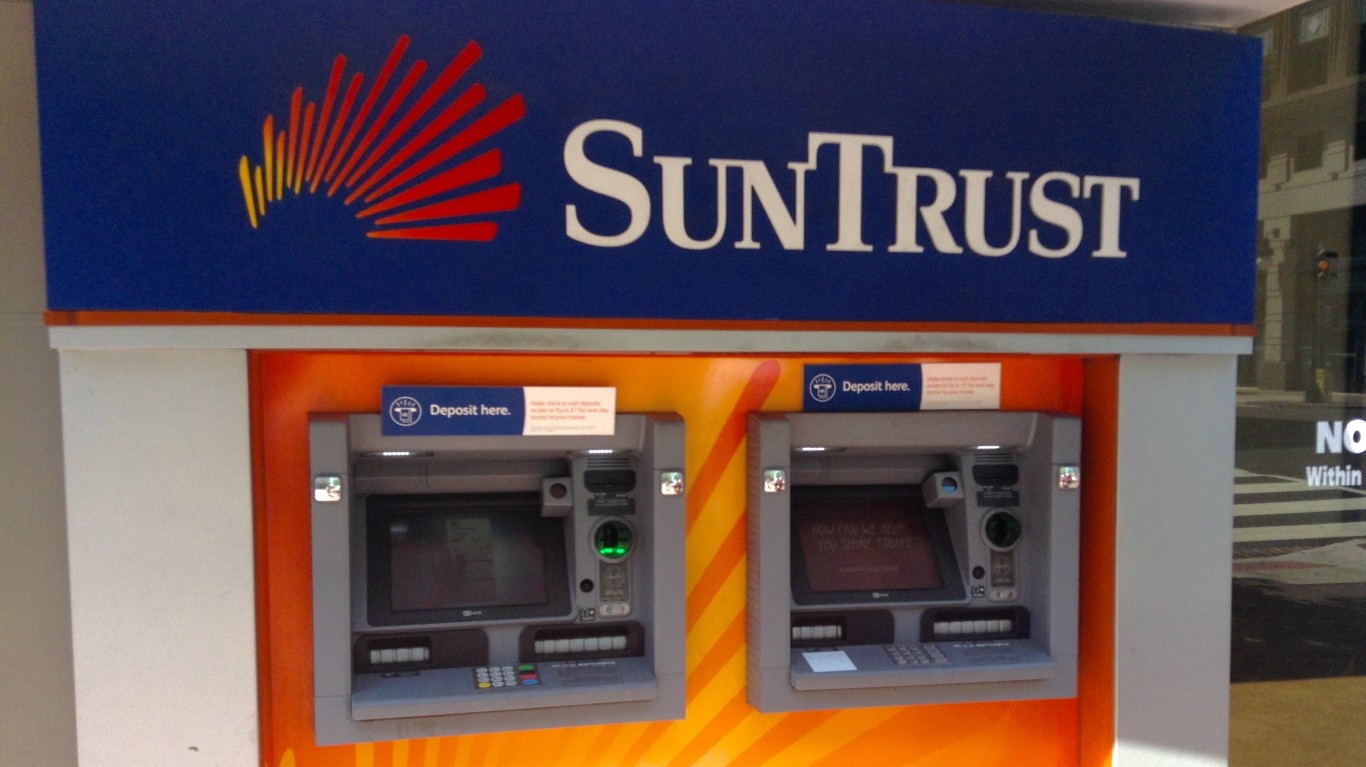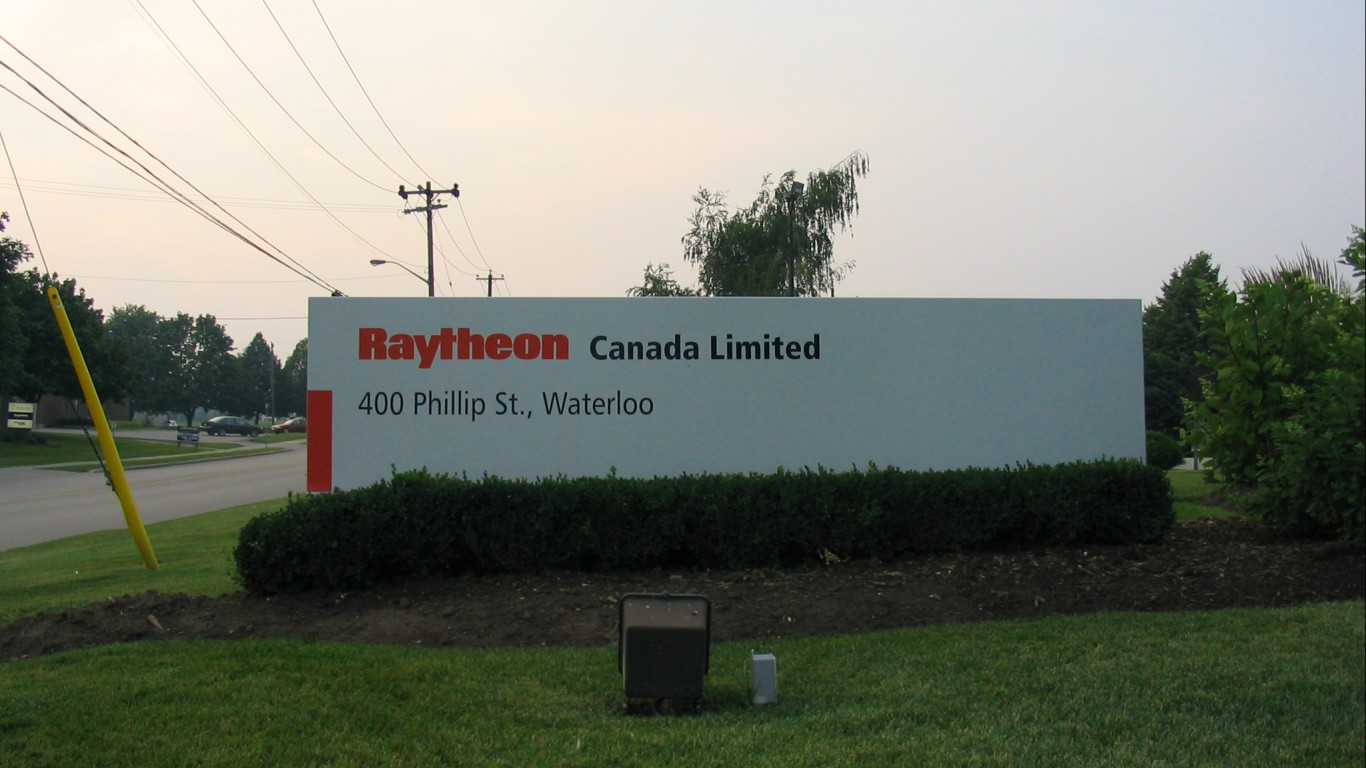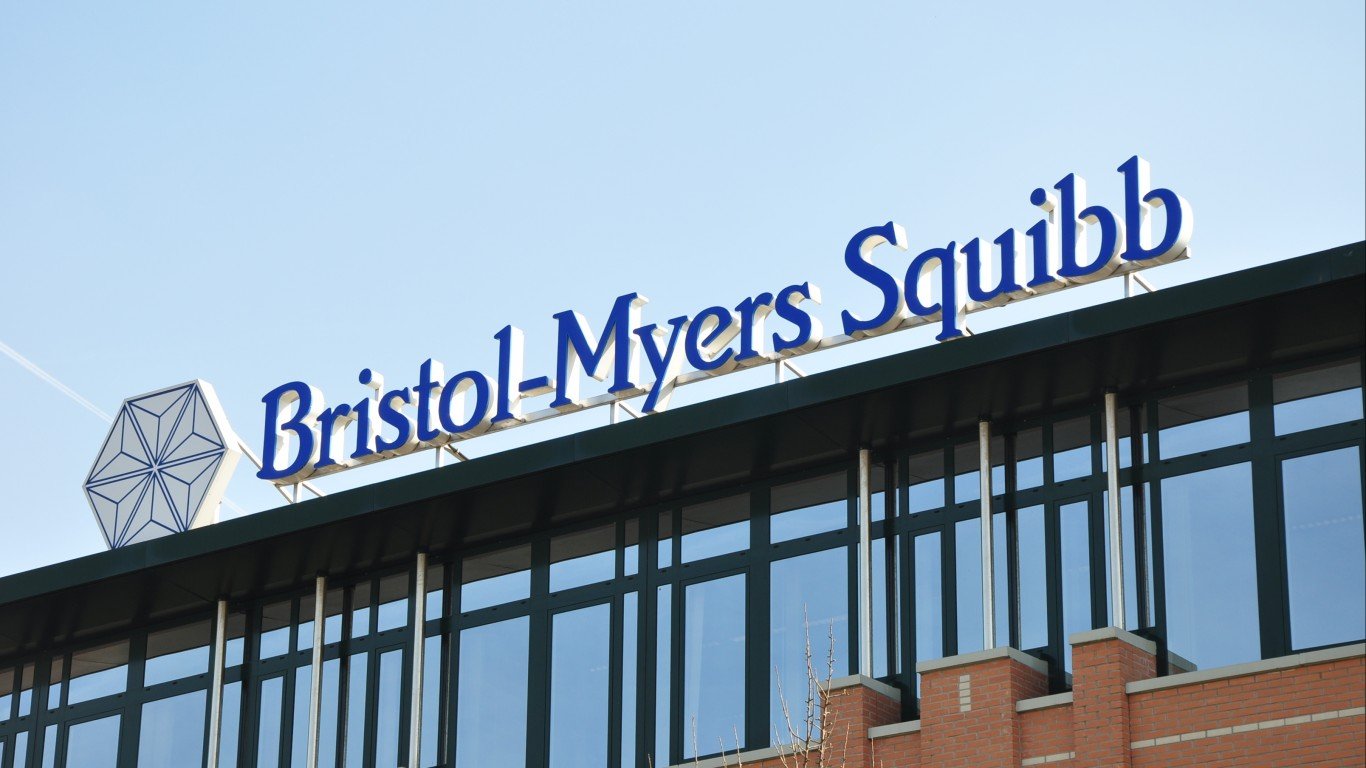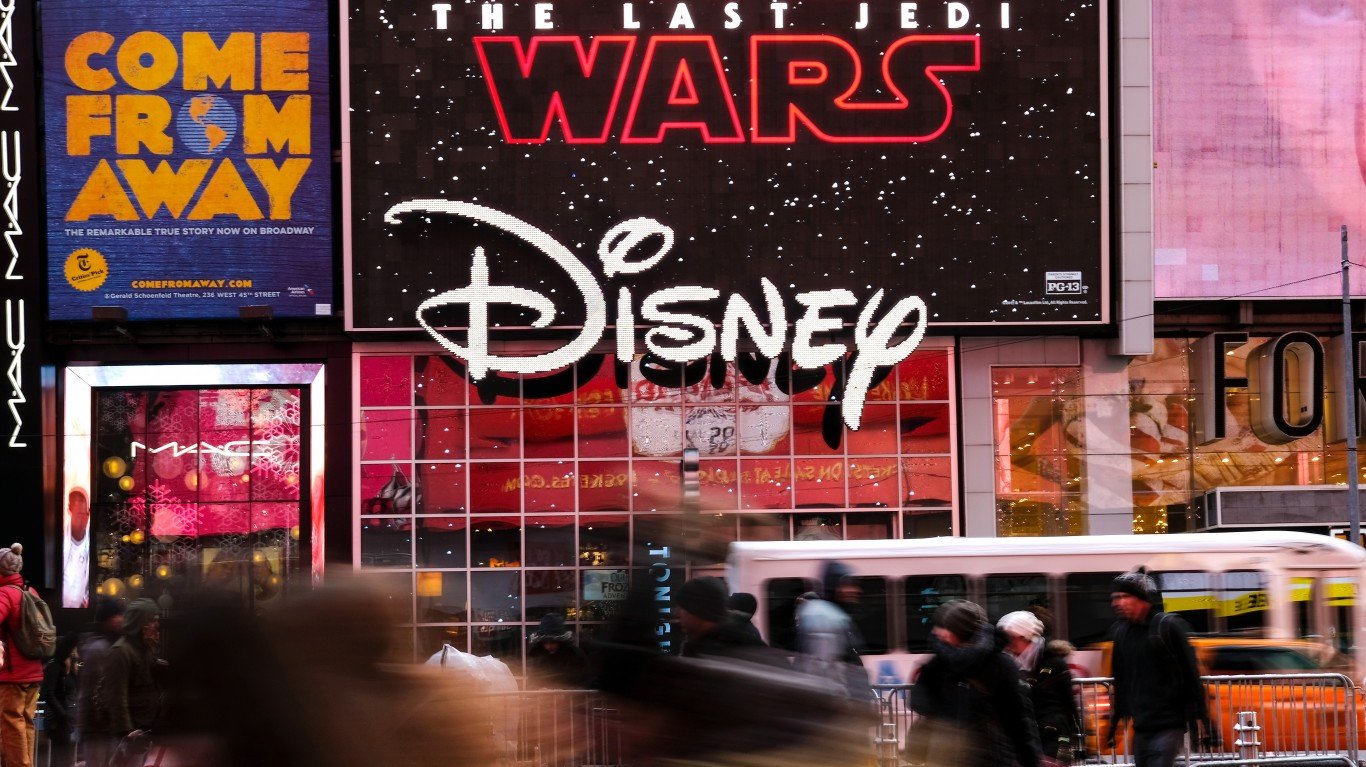

Most mergers and acquisitions are driven by the desire to cut costs or to create a larger footprint in an existing sector. Most large M&A deals this year fit this pattern. BB&T, a large regional bank, bought rival SunTrust to cut costs by $1.6 billion. Discount broker Schwab expects to save about $2 billion as it buys rival TD Ameritrade. And, Raytheon merged with UTC to become the second largest defense company.
Management often hope that megamergers will create a new company where one plus one equals three — that is, that the deal would give the company a competitive advantage, either through scale, unique products, or assets it did not have before.
Disney management gained a huge library of films and television assets when it bought parts of 21st Century Fox. The library is substantial enough that it would help Disney+ compete with Netflix and Amazon Prime.
Every deal on this list is huge. Each is $10 billion or more. It is almost certain that the value of these deals was helped by extremely low borrowing rates and a rising stock market. M&A is expected to be strong again next year. One also has to expect the trend will continue to be good because lower borrowing costs are forecast to continue — at least until the next recession. The extent to which management made intelligent decisions can already be scored by looking at the previous year: Here are the largest M&A deals of 2018.
To identify the 20 biggest mergers of the year, 24/7 Wall St. reviewed transaction values of mergers and acquisitions initiated or closed in 2019, according to statements by the companies at the time the transactions were announced.
We consulted reports about each deal as covered by the financial press to add information about the reasons behind the transactions, the length of the closing period, and what management expects the future impact of the deals will be.
Click here to see the biggest mergers of the year
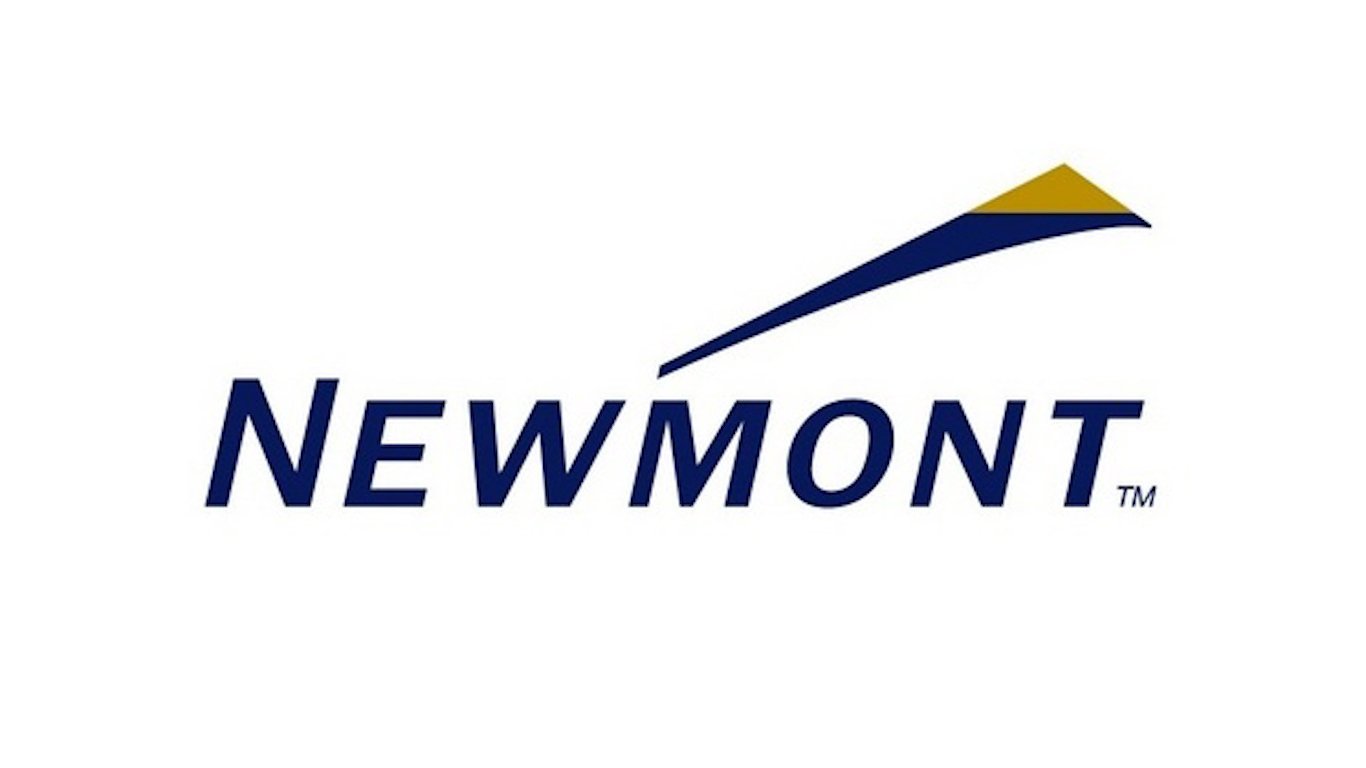
20. Newmont acquires Goldcorp
> Deal value: $10 billion
The merger of Newmont and Goldcorp created the world’s largest gold-mining company with expected annual production of between 6 million and 7 million ounces of gold for decades to come. Newmont was itself targeted earlier in the year by competitor Barrick Gold but was able to rebuff the $18 billion unsolicited bid. Barrick Gold and Newmont formed this past summer a joint venture in Nevada that is the world’s largest gold mining operation.
[in-text-ad]
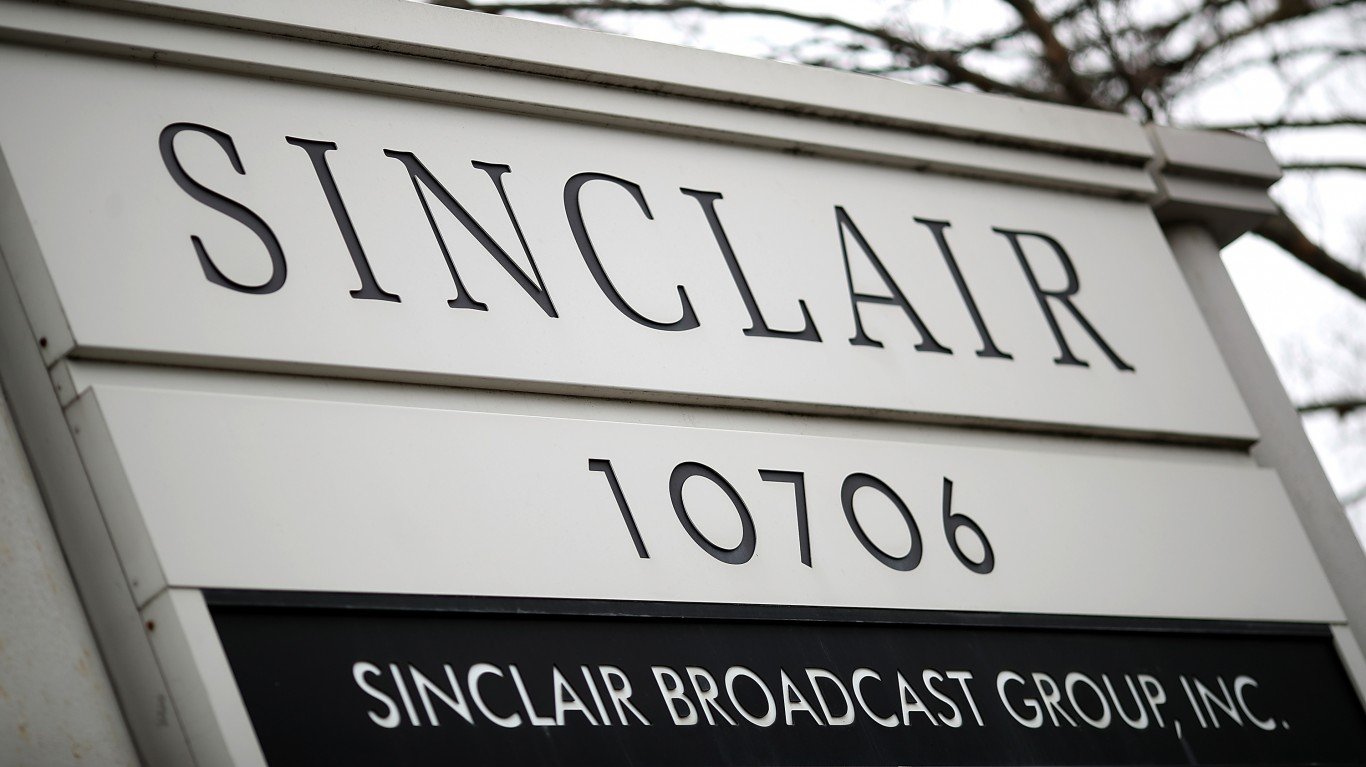
19. Sinclair Broadcast buys regional sports networks from Disney
> Deal value: $10 billion (cash)
TV station owner Sinclair Broadcast bought several regional Fox sports networks as part of the Disney buyout of Twenty-First Century Fox. However, Disney had to divest these assets to avoid regulators considering a potential monopoly in the local sports market. Once the deal with Sinclair Broadcast was in place, Disney was able to clear Justice Department objections to the larger transaction.
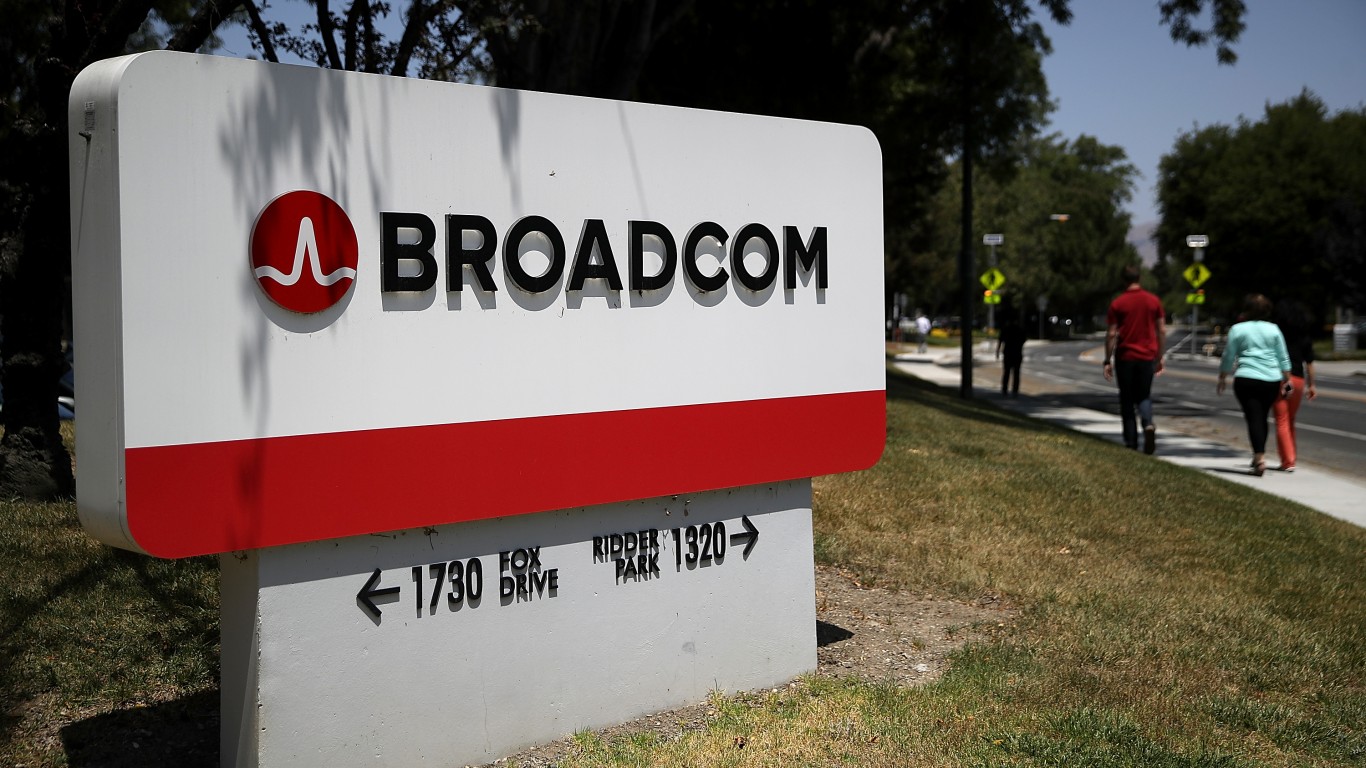
18. Broadcom acquires Symantec’s Enterprise Security business
> Deal value: $10.7 billion
Chipmaker Broadcom failed in 2018 to acquire competitor Qualcomm for a tidy $121 billion and then failed to acquire all of security systems provider Symantec. The all-cash acquisition of Symantec’s enterprise business is expected to pump up Broadcom’s top line but add little to the bottom line. The deal follows Broadcom’s 2017 acquisition of competitor Brocade for $5.5 billion in cash and the 2018 acquisition of CA Technologies for $18.9 billion in cash.
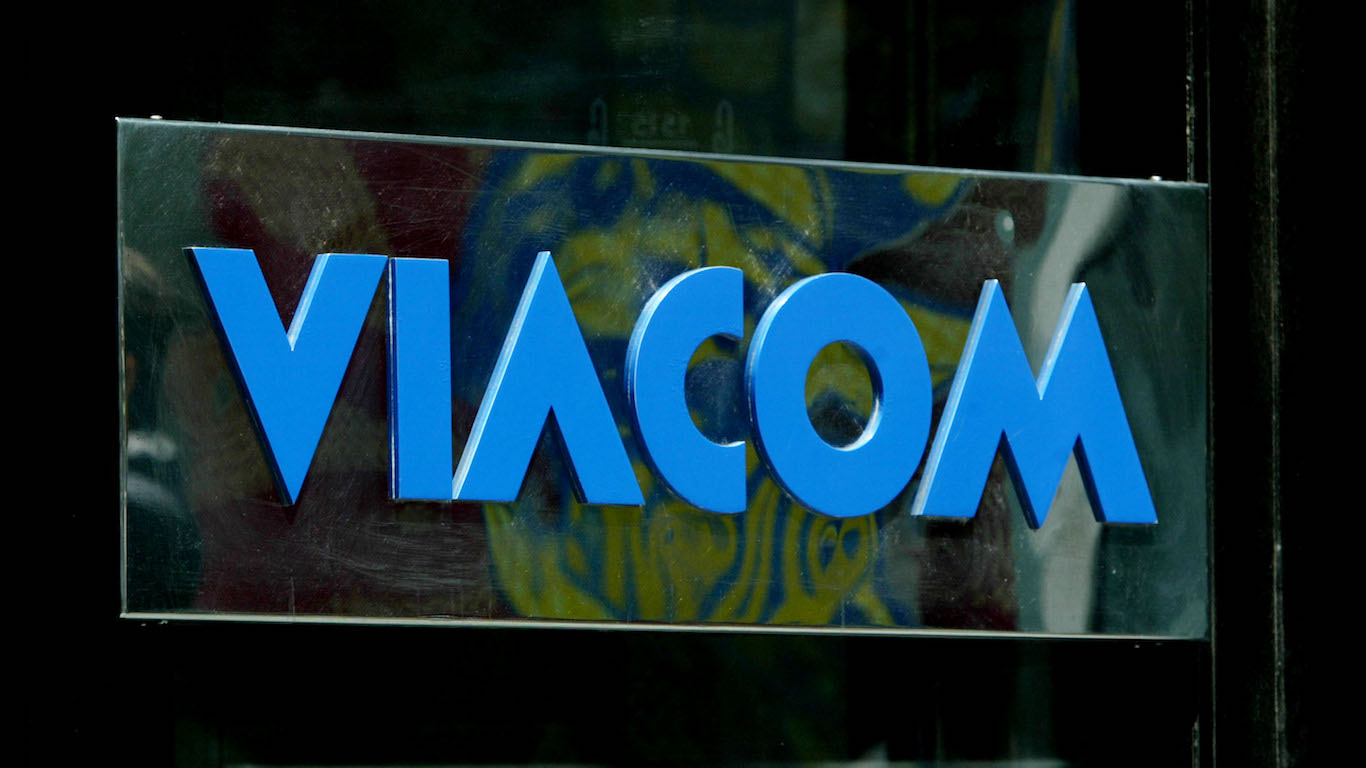
17. CBS-Viacom merger
> Deal value: $12 billion
Each of the companies involved in this deal is controlled by billionaire Sumner Redstone, and his daughter Shari is a major presence on both boards. Redstone broke the companies apart in 2006 with CBS controlling the TV assets. The Redstones decided to put the companies back together again in the hope of more effectively competing with media giants like Disney and Warner.
[in-text-ad-2]
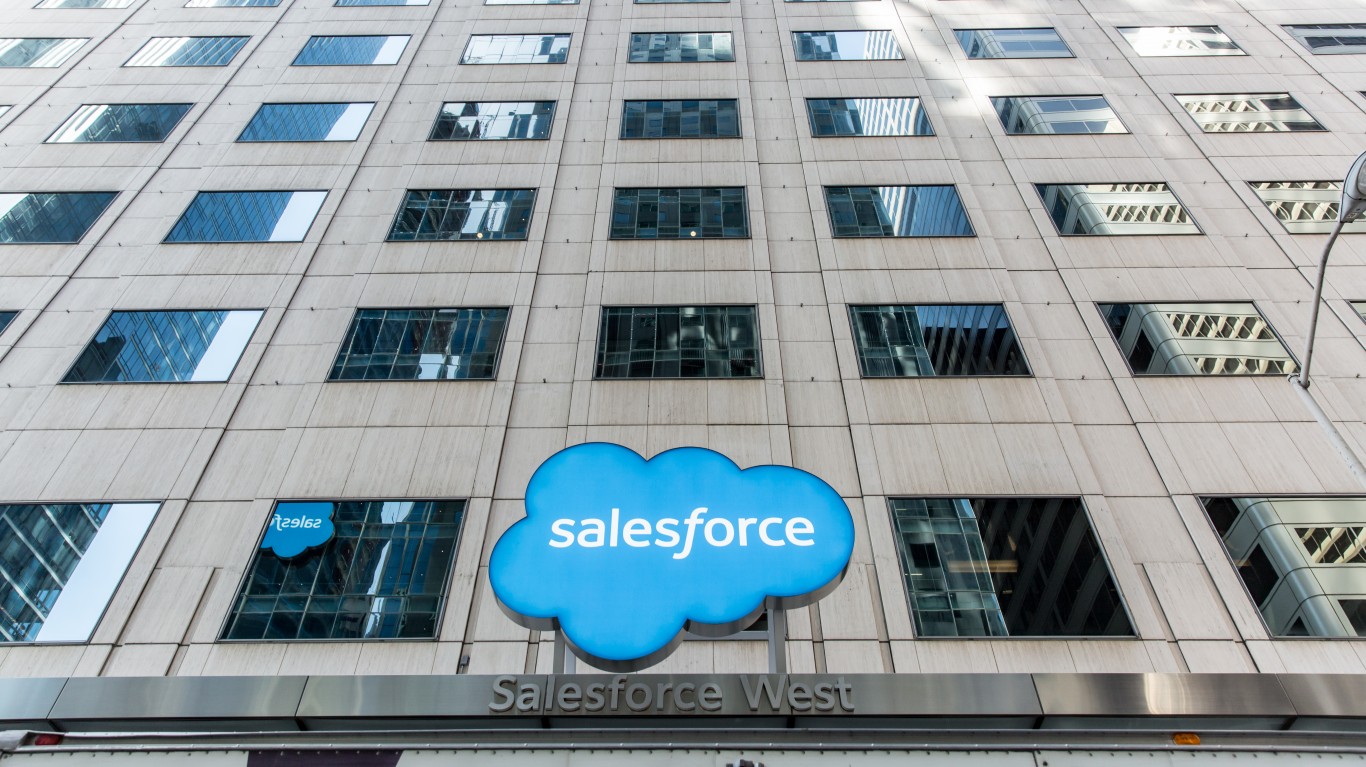
16. Salesforce acquiring Tableau Software
> Deal value: $15.7 billion
Customer relationship management company Salesforce.com has been on a buying spree for the past couple of years, topped off in June by its $15.7 billion all-stock deal for Tableau Software, an analytics platform. The acquisition mode went into high gear in March 2018 with a $6.5 billion in cash and stock deal for Mulesoft and continued with a $1.35 billion cash and stock August acquisition of ClickSoftware Technologies. The company is seeking to boost revenue, but the costs of all these acquisitions have been weighing on profits.
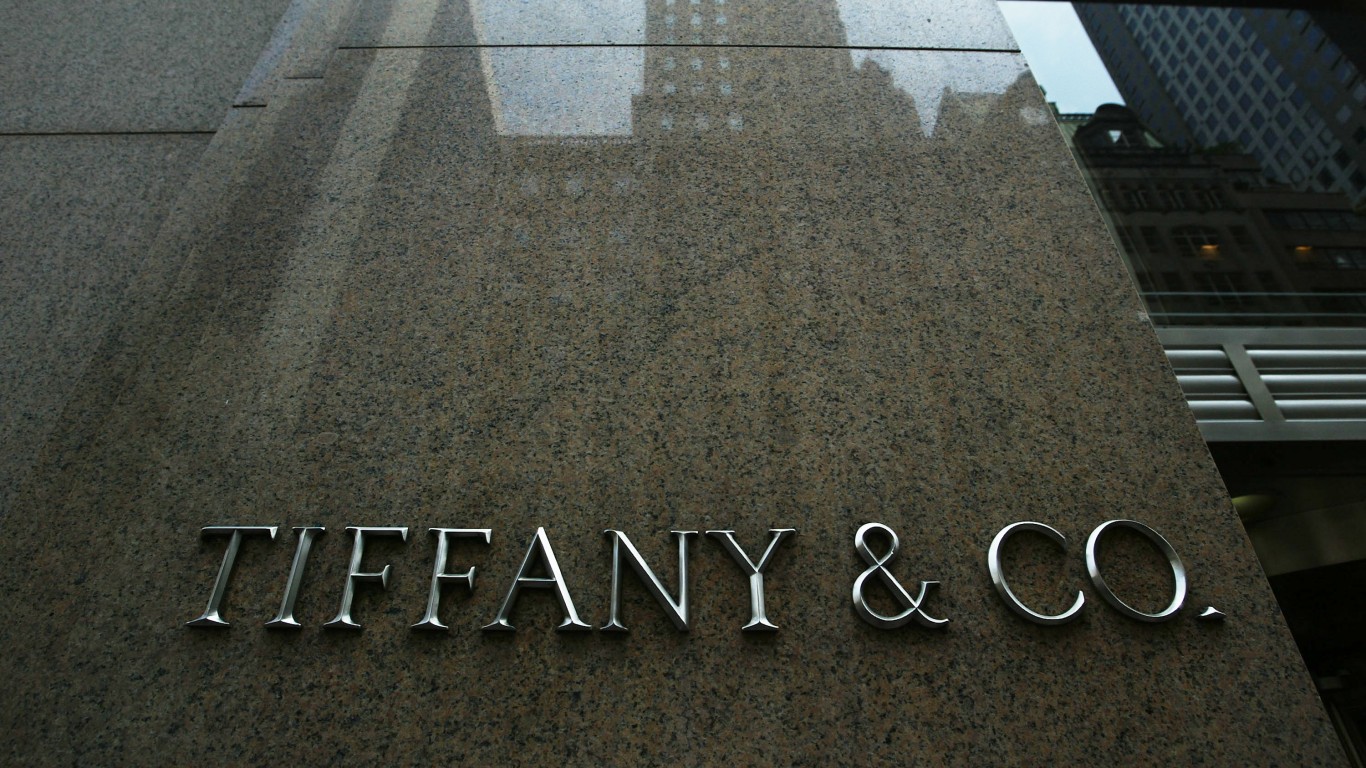
15. LVMH buys Tiffany
> Deal value: $16.2 billion (cash)
LVMH, one of the world’s largest luxury goods companies, agreed to buy Tiffany, one of the world’s most famous luxury brands. The acquisition gives LVMH, which is controlled by billionaire Bernard Arnault, a larger footprint in America. Like many brick-and-mortar retailers, Tiffany has struggled. Ownership of a larger parent may help boost the brand’s performance.
[in-text-ad]

14. Eldorado Resorts acquires Caesars Entertainment
> Deal value: $17.3 billion
The buyout puts together puts together two of America’s largest gaming companies. It is a classic M&A move, which combines operations which are similar to one another, and then cutting duplicate costs. The marriage means that the new parent will control about 60 casinos in the U.S. The deal was announced June 24. Whether Caesars management wanted to deal the deal is a matter of opinion. Billionaire corporate raider took a large position in Caesars and pushed hard for a transaction.It is not the first time in M&A history when an outside shareholder has forced a deal, and it will not be the last.
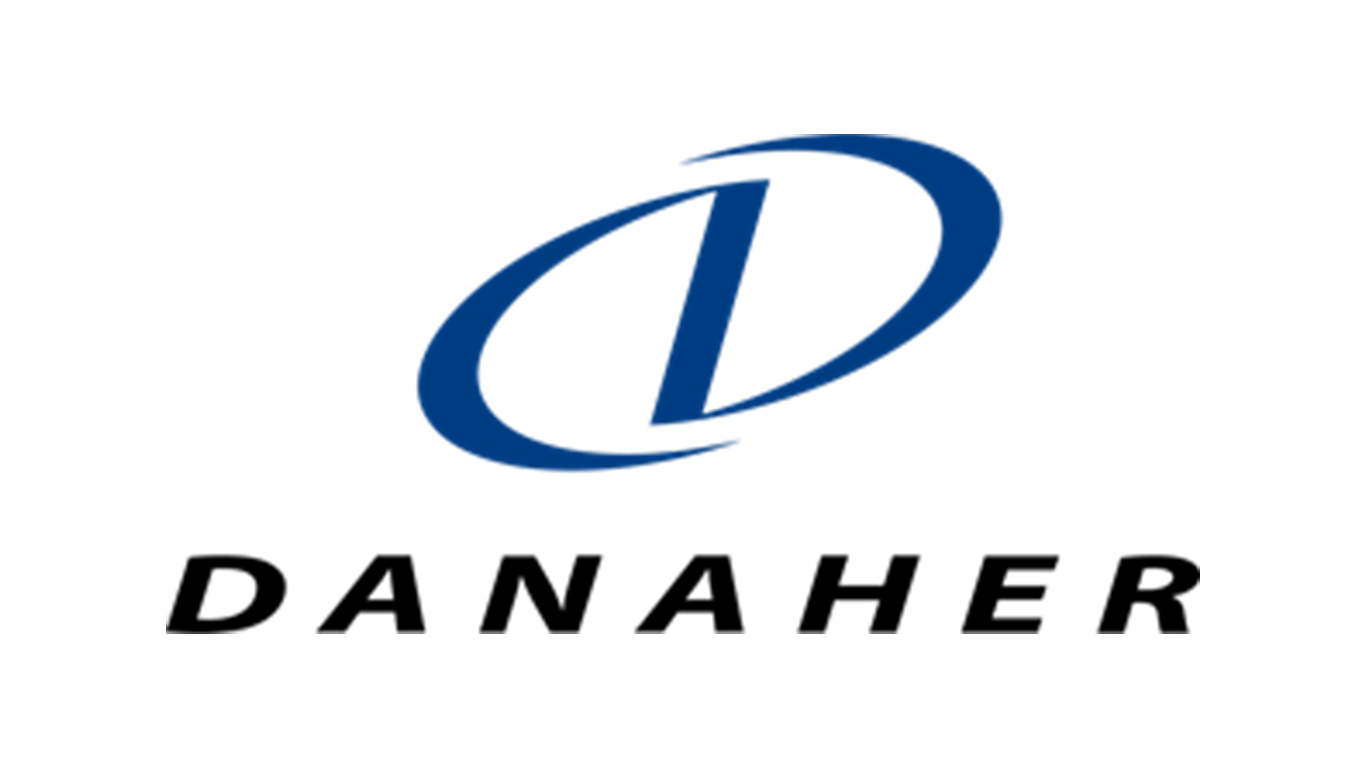
13. Danaher acquires GE Biopharma
> Deal value: $21.4 billion
On February 25, Danaher, a global science and tech company, which owns a number of life sciences operations, would buy the biopharma operations of GE’s Life Sciences division. GE has been downsizing and selling businesses under new management, turning in from the largest conglomerate in the world, to a collection of mostly niche businesses. To raise money for the deal, and gain government approval, Danaher will sell some of the GE businesses off. Unlike some M&A deals, Danaher expects the GE transaction to add to its earnings, almost immediately.
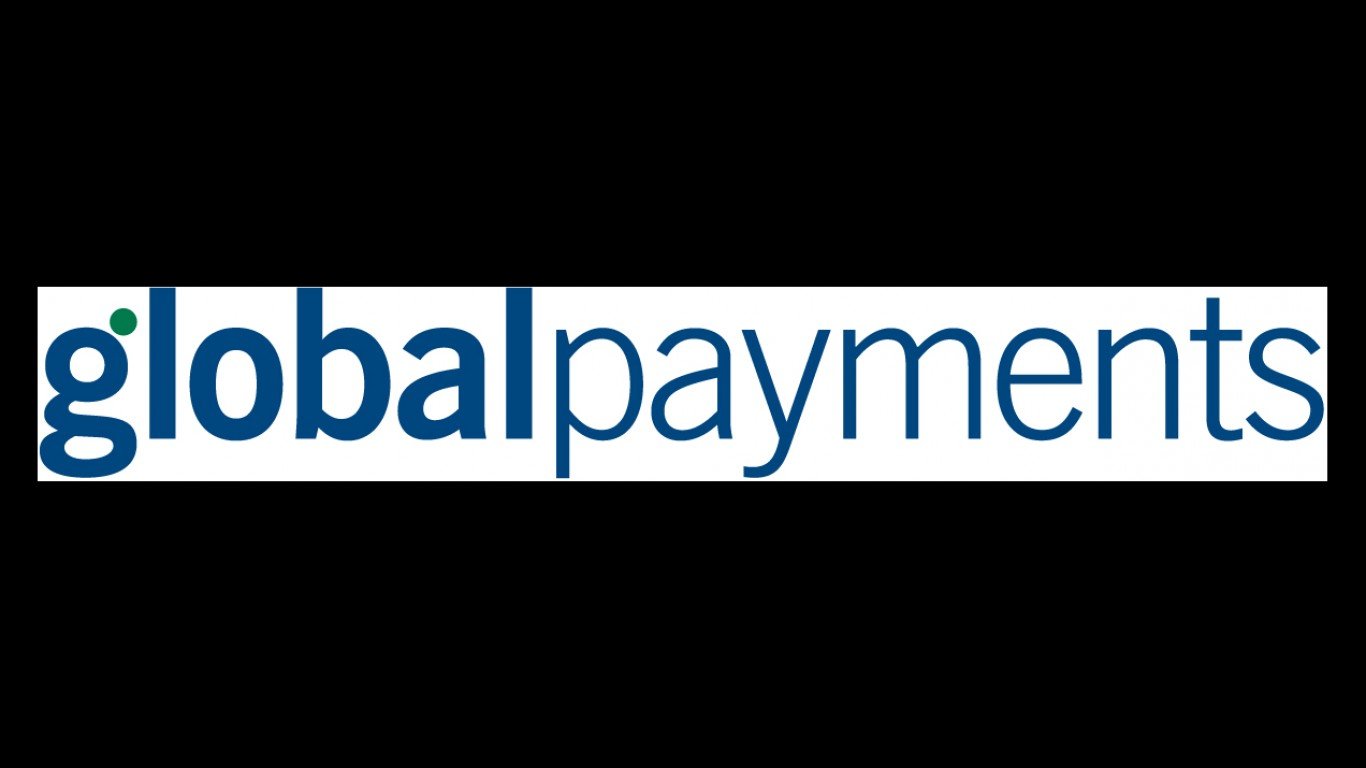
12. Global Payments acquires Total System Services
> Deal value: $21.5 billion
As the fintech industry continues to expand and evolve, Global Payments’ acquisition of Total System Services would position the amalgamated company favorably in this ever-changing marketplace. With this move, the two companies should be able to leverage each other’s global footprints, among other benefits. Zacks analysts believe that the highly complementary nature of these two companies allows for significant revenue growth.
[in-text-ad-2]

11. Fiserv acquires First Data
> Deal value: $22 billion
Back in July, Fiserv finished its acquisition of First Data. With the deal now complete, Fiserv is one of the world’s largest payments and financial services technology providers. Current chairman and CEO, Jeff Yabuki, sees the focus of the newly combined fintech as “expanding technologies such as point-of-sale lending, helping merchants get their money fast,” and using data to make better decisions.
10. Schwab acquires TD Ameritrade
> Deal value: $26 billion
This deal combines two of America’s largest discount brokers. The acquisition was announced Nov. 25. The boards of directors of both companies have approved the transaction. In theory, the marriage will allow Schwab and TD Ameritrade to combine back-office and management functions to save money.
[in-text-ad]
9. IBM-Red Hat merger
> Deal value: $34 billion
Troubled tech giant IBM has struggled with a multiyear revenue decline. Management and the board decided that buying a related company would help. On July 9, IBM closed its buyout of open source software giant Red Hat. After the deal, IBM’s shares continued to languish.

8. Fidelity National Information Services acquires Worldpay
> Deal value: $35 billion
Financial technology company Fidelity National Information Services (FIS) handles credit card processing and payment services. Financial technology company Fidelity National Information Services (FIS) handles credit card processing and payment services. Worldpay offers payment systems for businesses and consumer payment and transfer processes. The CEO of FIS said the acquisition of Worldpay was important because “scale matters.” The deal was announced on March 18.
7. Occidental Petroleum acquisition of Anadarko
> Deal value: $57 billion
Following a short, but intense bidding war with Chevron, Occidental Petroleum made Anadarko an offer it could not refuse: $57 billion, half in cash and the rest in stock. With that, Chevron’s offer of $33 billion in cash and stock was quickly forgotten. Warren Buffett Berkshire Hathaway helped bankroll the deal with a $10 billion investment in Oxy.
[in-text-ad-2]
6. BB&T merger with SunTrust
> Deal value: $66 billion
The combination of these financial firms, announced in February, would create the country’s sixth largest bank. As is often the case, one of the primary reasons for the deal is cost reduction. The banks estimate the merger would help chop annual expenses by $1.6 billion.
The new company will still be dwarfed by Bank of America and JP Morgan Chase, but it will have a large market share in the southeastern part of the U.S. Management says the deal will have an immediately positive effect on earnings. The new company will be called Truist.

5. Disney acquires 21st Century Fox
> Total value: $71.3 billion
This is the deal that altered the face of the media industry. Disney was already large in movies, television, and sports via its studios and ABC and ESPN networks. The additional TV and studio assets Disney now owns following its buyout of Fox will allow it to compete with AT&T’s Warner division and the newly created CBS-Viacom. The company’s recently launched Disney+ streaming service is expected to compete with Netflix and Amazon.
[in-text-ad]
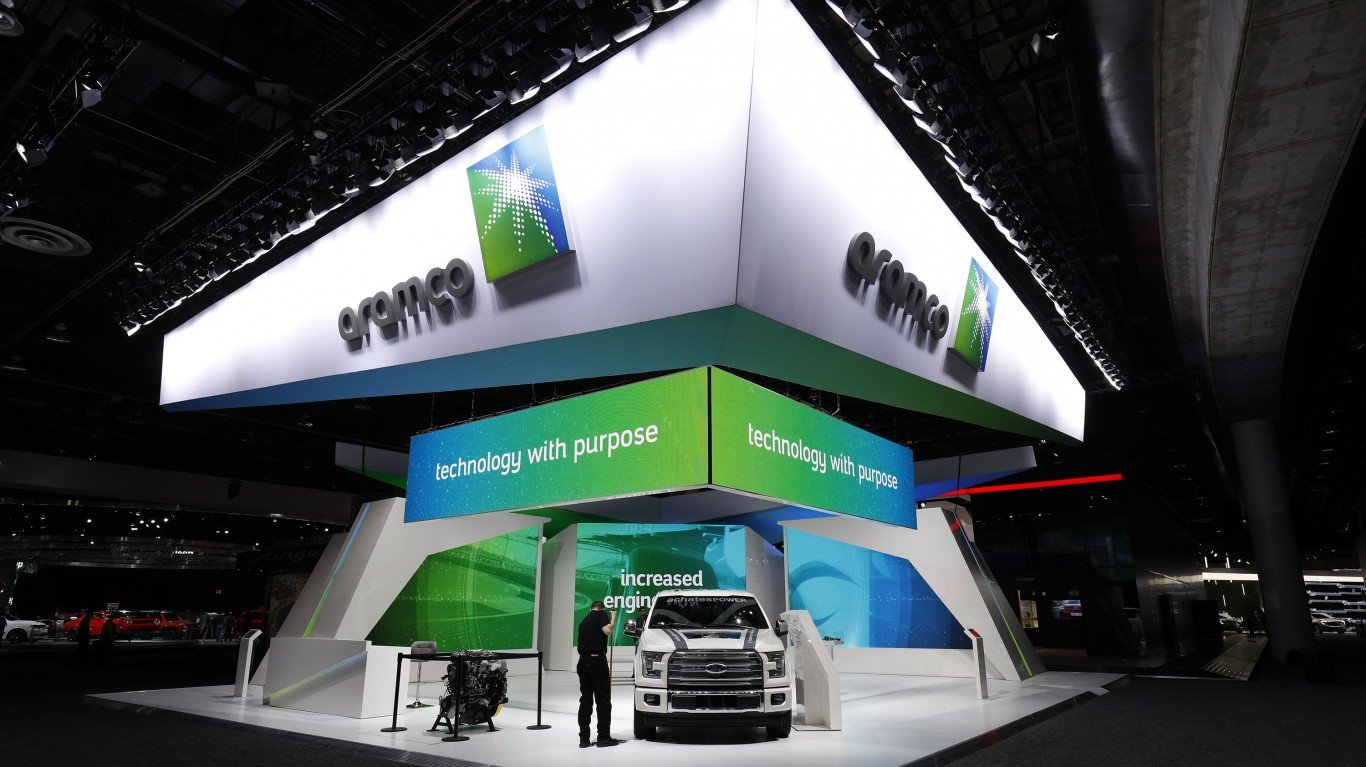
4. Saudi Aramco and Saudi Basic Industries (Sabic)
> Deal value: $70.4 billion
Saudi Arabia’s national oil company, Saudi Aramco, agreed to acquire 70% of Sabic in a deal that is scheduled to close early next year. The acquisition is intended to diversify Aramco’s business away from just oil to petrochemical products, where profits are better. Aramco was supposed to pay the full purchase price by 2021 but negotiated a deal that gives it an extra four years to pay in full.
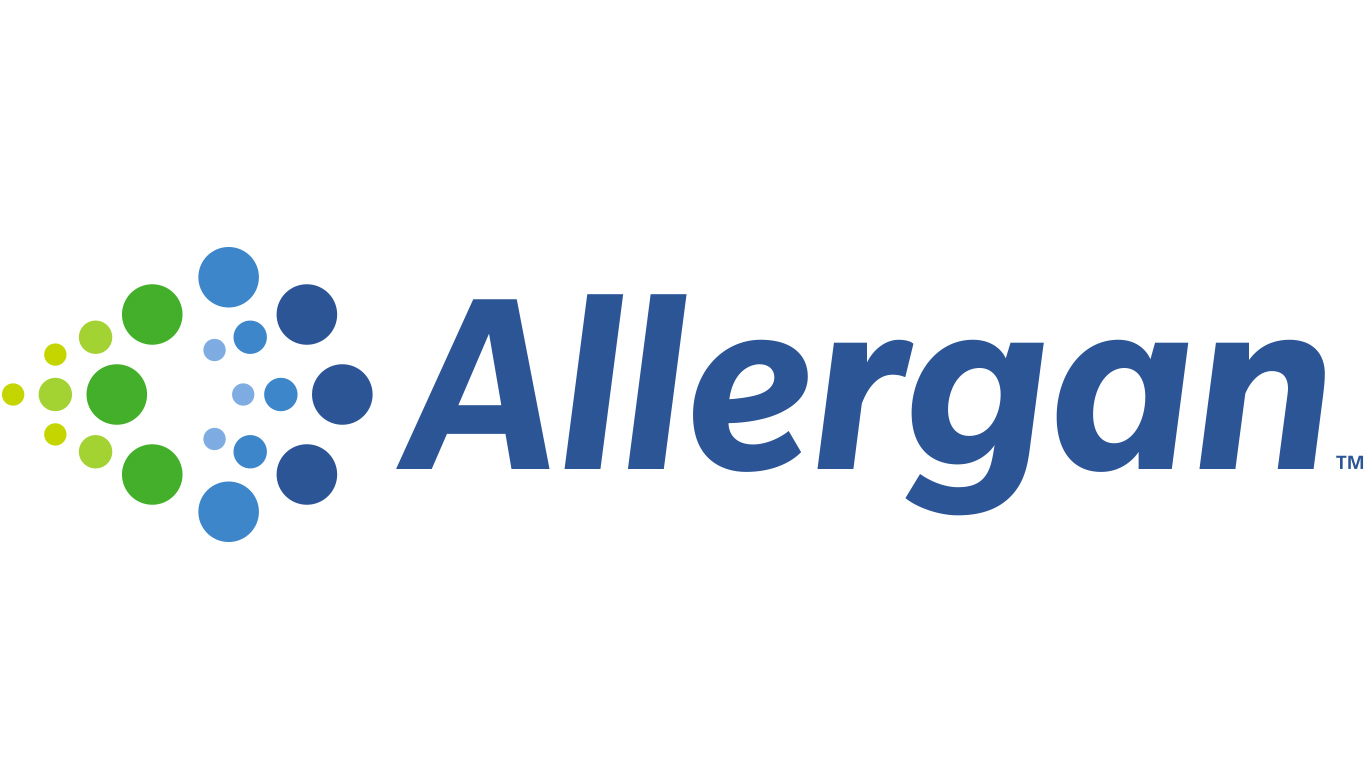
3. AbbVie and Allergan
> Deal value: $86.3 billion
On June 21, drug and beauty product company Allegan announced it would join with Abbvie, the maker of the wildly successful drug Humira, which treats arthritis, psoriasis, Crohn’s disease, and ulcerative colitis. The deal was approved by shareholders on Oct. 14. Some experts believe that the new company will be saddled with an extraordinary amount of debt.
2. UTC-Raytheon merger of equals
> Deal value: $88.9 billion
This UTC-Raytheon merger created the second-largest defense contractor in America after Lockheed Martin. Shareholders approved the deal on Oct. 11. The deal still faces federal approval, but most experts believe this is not much more than a formality, and the deal will close in the early part of 2020. Parts of UTC were sold before the marriage, likely to avoid regulatory obstacles.
[in-text-ad-2]
1. Bristol-Myers Squibb acquires Celgene
> Deal value: $89.5 billion
Bristol-Myers Squibb Co., one of the world’s largest pharmaceutical companies, bought Celgene Corp., one of the world’s largest biotech companies, in a deal that closed Nov. 20. The buyout had to run the gauntlet of approvals from the Federal Trade Commission, which forced the companies to sell some of their products to other pharmaceutical companies.
Sponsored: Want to Retire Early? Here’s a Great First Step
Want retirement to come a few years earlier than you’d planned? Or are you ready to retire now, but want an extra set of eyes on your finances?
Now you can speak with up to 3 financial experts in your area for FREE. By simply clicking here you can begin to match with financial professionals who can help you build your plan to retire early. And the best part? The first conversation with them is free.
Click here to match with up to 3 financial pros who would be excited to help you make financial decisions.
Thank you for reading! Have some feedback for us?
Contact the 24/7 Wall St. editorial team.
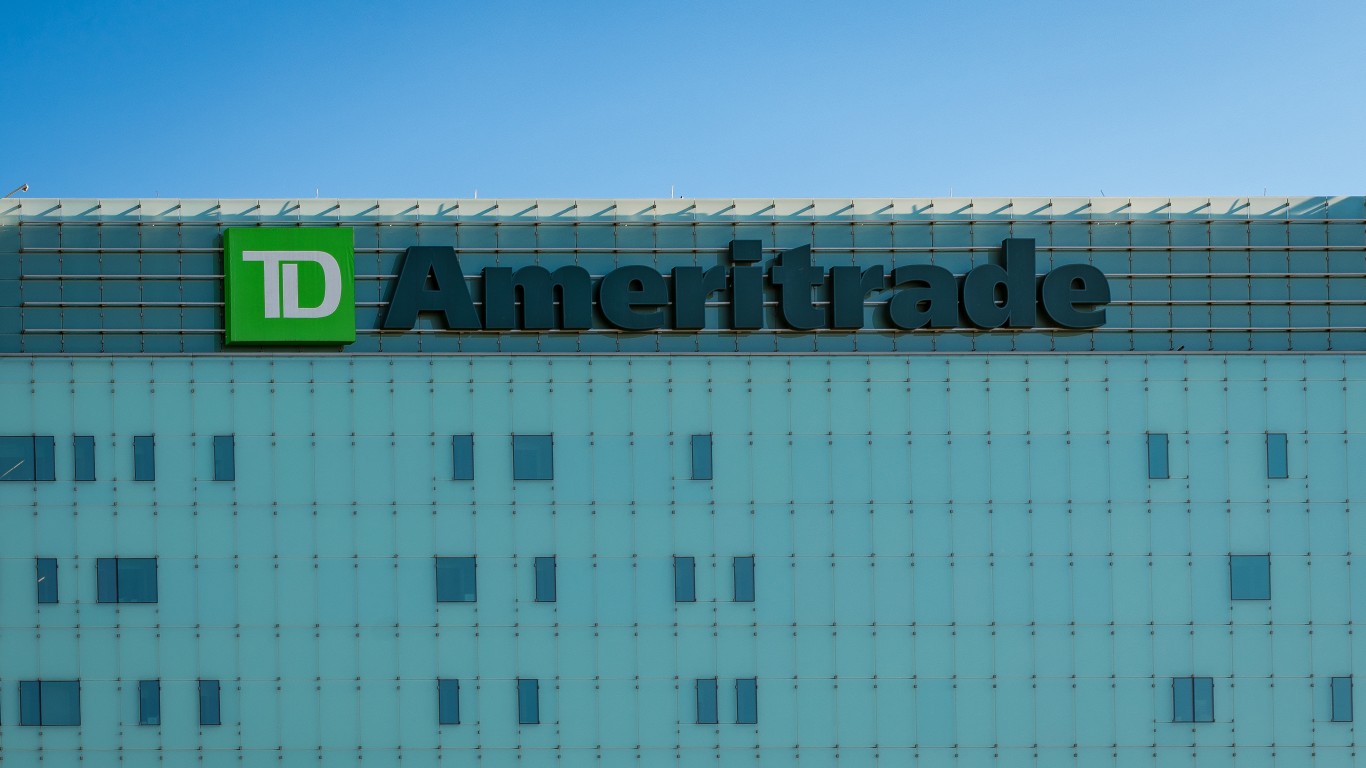
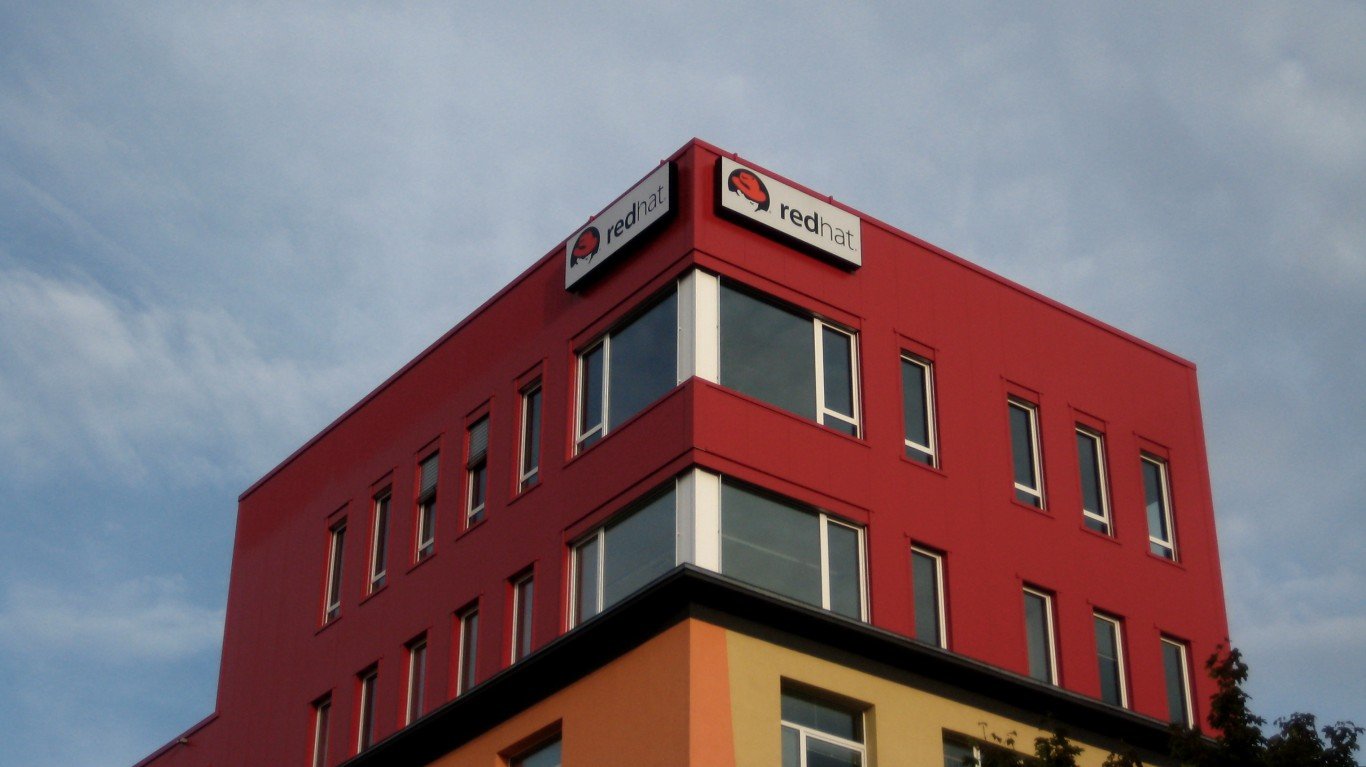
 24/7 Wall St.
24/7 Wall St.
